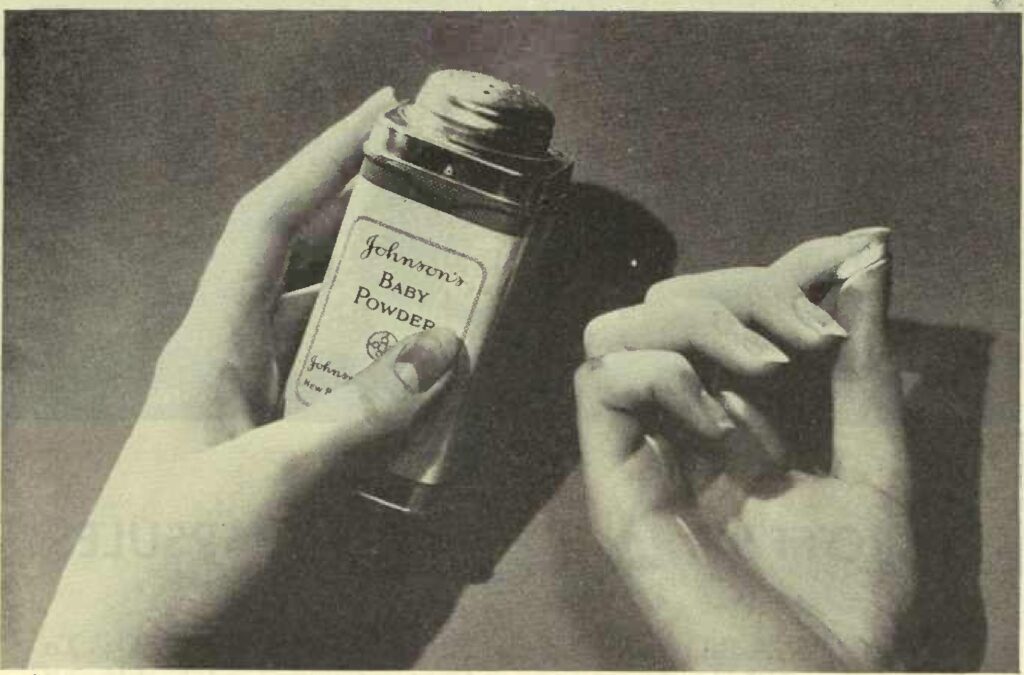Diane’s farewell message
After 52 years at WAMU, Diane Rehm says goodbye.

Johnson & Johnson knew their talc baby powder contained cancer-causing asbestos and covered it up for decades. Gardiner Harris argues this is just one example of lies and cover-ups that have endangered millions of lives.
Johnson & Johnson was founded in the late 1800s and grew into one of the most trusted brands in America for its baby powder, Tylenol, Band-Aids, then cutting edge pharmaceuticals. Today, the company is worth more than $380 billion.
But behind the success, says investigative journalist Gardiner Harris, lies a wake of deceitful and dangerous corporate practices that have threatened the lives of millions.
“These guys are incredibly intimidating,” he says of the company. “And when they don’t succeed in buying you off, which is what they have done over the decades for doctors, journalists and lawyers, they sue.”
Harris is a former pharmaceutical reporter for The New York Times. He has spent decades looking into the long history of lies, cover-ups and malfeasance of Johnson & Johnson. He joins Diane to talk about his new book, No More Tears.
After 52 years at WAMU, Diane Rehm says goodbye.
Diane takes the mic one last time at WAMU. She talks to Susan Page of USA Today about Trump’s first hundred days – and what they say about the next hundred.
Maryland Congressman Jamie Raskin was first elected to the House in 2016, just as Donald Trump ascended to the presidency for the first time. Since then, few Democrats have worked as…
Can the courts act as a check on the Trump administration’s power? CNN chief Supreme Court analyst Joan Biskupic on how the clash over deportations is testing the judiciary.